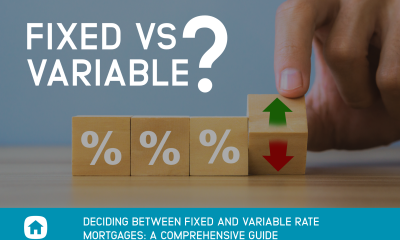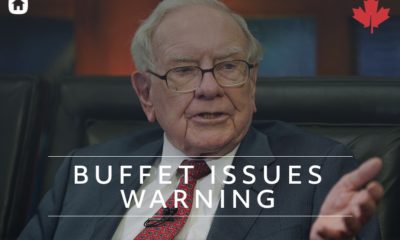(Special) – The investment industry is going through a digital metamorphosis. Investors across all generations and levels of wealth are changing the way they manage their money in much the same way as they now shop and communicate — by using a mixture of digital tools, social media, mobile apps and personal advice.
A recent report by BMO Wealth Management has found nearly half of Canadians say they are intimidated by investment decisions, almost two-thirds feel they need to learn more about investing and 38 per cent feel that they don’t have enough time to spend on investing.
Another recent report on wealth management by Accenture Consulting has concluded that about 40 per cent of Canadian investors feel they do not “get what they pay for” when using a traditional wealth adviser, leading them to explore other options such as self-investing through a robo or digital adviser. Seven out of 10 Canadian investors said they already use at least one digital tool or service when investing.
“In the past, only investors who had the time and knowledge to trade their own portfolios would invest online,” says Silvio Stroescu, head of digital investing with BMO Wealth Management. “Digital solutions have transformed traditional investing and redefined who can invest online, yet some still feel intimidated by having to decide what and where to invest.”
According to the BMO Study, 38 per cent of baby boomers, 58 per cent of generation X-ers, and 67 per cent of millennials are seeking tools to help them invest smarter. For those who use digital advisers, 74 per cent are satisfied with the investment choices made.
“There are some very consistent themes that are being revealed about how investors feel,” Stroescu says. “Investors are intimated with so many choices available to them. They have an appetite to learn more and have access to the tools but they don’t have the time to spend to feed that appetite.”
BMO has developed a suite of five Exchange Traded Fund (ETF) portfolios designed to meet the preferences and needs of different investors, who take an on-line survey about their objectives, preferences and time horizons and then are matched to the portfolio which best suits them. The portfolio is monitored and rebalanced when required to keep them on track with their investment objectives.
The capital preservation portfolio made up of 10 per cent equities and 90 per cent fixed income generally is for investors with a low tolerance to risk who would like to receive income while looking to invest for the intermediate to long term.
The income portfolio (30 per cent equities and 70 per cent fixed income) is best suited for low tolerance investors who have a need for a regular income and are investing for the immediate to longer term
A balanced portfolio (50/50 split between equities and fixed income) is for those who have a medium tolerance for risk (willing to accept some market fluctuations), are investing for the intermediate and long terms and are looking for some income and long-term growth.
Investors who have a higher than average tolerance for risk, would like some income and are looking to invest for long-term growth would be more suited to the long-term portfolio consisting of 70 per cent equities and 30 per cent fixed income. Those with higher than average risk tolerance who want to invest primarily in equities and are looking to invest for the long term would have an equity growth portfolio of 90 per cent equities and 10 per cent fixed income.
While receiving all the benefits of the digital investing solutions, investors still have access to human advisers if they wish for advice and counsel.
Stroescu says digital investment portfolios have been gaining traction over the past few years and now are being selected for a full range of registered and non-registered accounts including Registered Retirement Income Funds, Registered Education Savings Plans and Tax-Free Savings Accounts.
“These portfolios are about more than just about investments — they really delve into the emotional aspects of investing and how the individual investor really feels,” says Stroescu.
Talbot Boggs is a Toronto-based business communications professional who has worked with national news organizations, magazines and corporations in the finance, retail, manufacturing and other industrial sectors.
Copyright 2018 Talbot Boggs
Talbot Boggs , The Canadian Press

 Buying a Home5 years ago
Buying a Home5 years ago
 Credit6 years ago
Credit6 years ago
 Business4 years ago
Business4 years ago
 5 Mortgage Secrets7 years ago
5 Mortgage Secrets7 years ago
 Buying a Home6 years ago
Buying a Home6 years ago
 5 Mortgage Secrets6 years ago
5 Mortgage Secrets6 years ago
 News12 months ago
News12 months ago
 Business4 years ago
Business4 years ago




